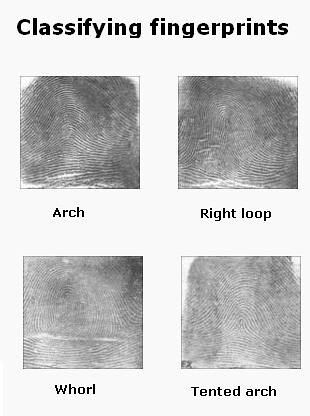
I used to secretly make fun of the problems large companies have in keeping their data under control. They would have these databases full of customer data - all of unknown and at best dubious quality. Surely, these large companies would have their master data management under control.
I guess this is where we in research just assume things that are just not true in reality. I got involved with the Data Quality issues as a part of my study of Data Centric Security which had led us in the direction of Master Data Management. If you can't trust the quality of your data, then Data Centric Security would be of limited use, so Master Data Management became important to us, and not only for that reason.
The whole thing hit home with me when I was compiling my xmas card list. My own very limited address book is a total mess. Why? For the same reasons that large databases become a mess over time: I've been merging data in from various sources, synchronizing with my Nokia E61i that gets updated in the field. Each source has its own semantics (and syntax, too!) which means that the brute force, just-shovel-it-all-in-there, method just makes a mess of it. So, now I have my own Master Data Management problem to deal with. I guess I should apply the DCS principles to this problem...







